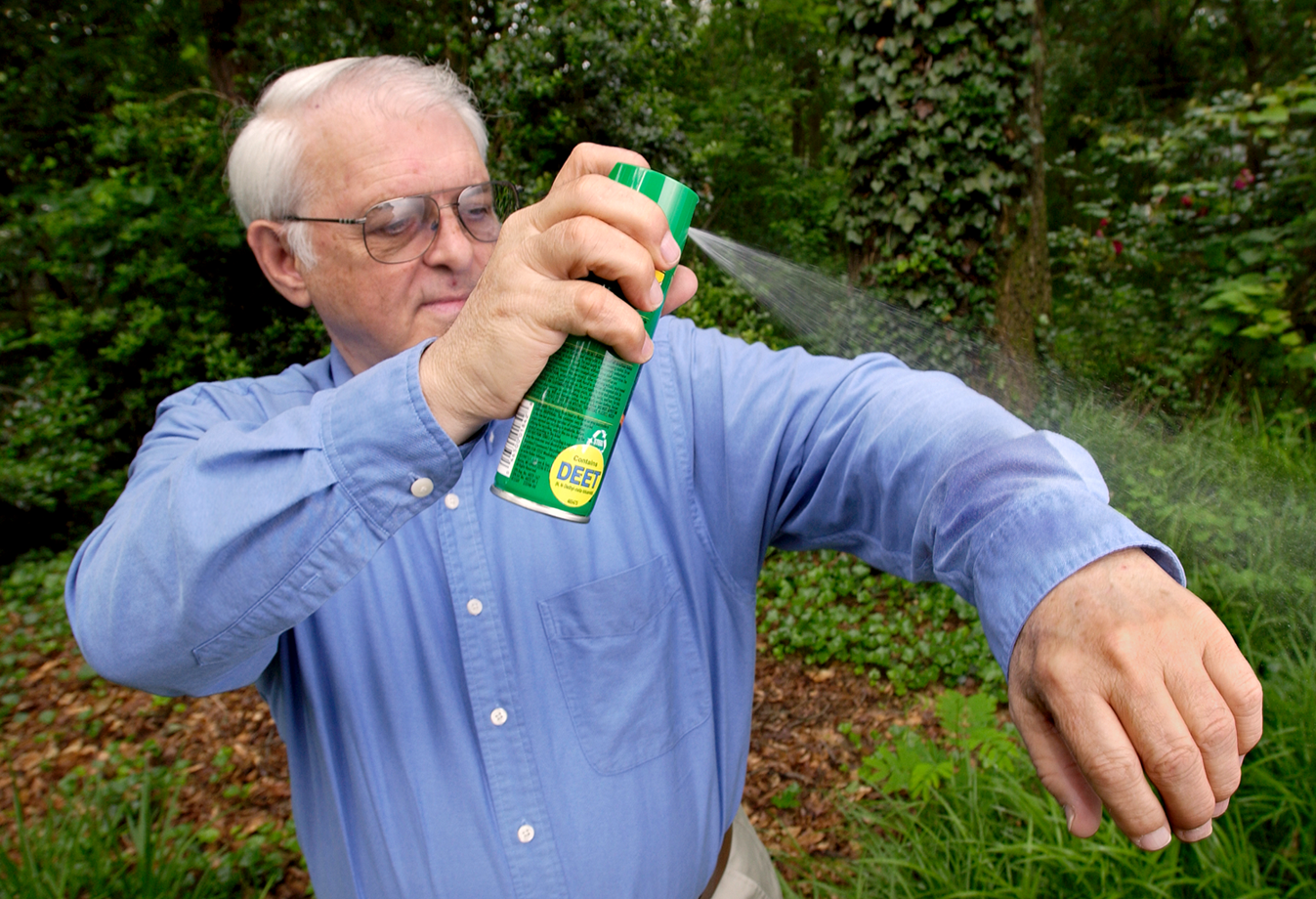In the midst of the summer mosquito season, more than three-quarters of Americans say they haven’t done anything in the past three months to protect themselves from getting Zika virus, according to a survey from the Annenberg Public Policy Center (APPC) of the University of Pennsylvania.
Although more than 7 in 10 Americans (71 percent) are familiar with news reports about Zika, only 24 percent have done something in the past three months to protect themselves from the virus, which is mosquito-borne and also can be sexually transmitted. The virus poses the greatest threat to pregnant women since it can be transmitted to the fetus and has been linked to microcephaly and other severe fetal brain defects.
The Annenberg Science Knowledge (ASK) survey found that most U.S. adults did not feel that they were at much risk of getting Zika, which has spread across Latin America and Puerto Rico. Half of those surveyed (50 percent) thought they had a moderate or low risk of being infected with Zika in the next six months, while 39 percent saw no risk and just 3 percent saw themselves as being at high risk of Zika infection.

In an article in STAT News this month, Thomas R. Frieden, director of the Centers for Disease Control and Prevention (CDC), wrote that unlike Ebola, Zika is “a silent epidemic” because most people who are infected have mild symptoms or none at all. “It’s only months after it infects pregnant women – when pregnancies are lost or babies are born with severe birth defects – that the devastating impact of the virus becomes apparent,” he wrote in urging Congress to approve funding to fight the virus. Congress left for its summer recess without approving funding.
“Zika prevention matters,” said Kathleen Hall Jamieson, director of the Annenberg Public Policy Center. “We should use insect repellent and drain containers containing standing water with the same diligence that we floss and buckle up.”
The phone survey of 2,029 U.S. adults was conducted July 7-11 and July 14-18 by the research firm SSRS for the Annenberg Public Policy Center. The survey, which has a margin of error of ±2.6 percentage points, is part of the weekly ASK surveys conducted since February by APPC on public knowledge about the Zika virus, changes in public behavior, and support for responses to Zika.
Just 1 in 3 say to ‘protect against mosquito bites’
When asked what steps scientists think people can take to avoid the negative health effects of Zika, a third of people said to prevent mosquito bites, which has consistently been a key message from federal health officials. More than one response was permitted to this open-ended question. Among the often-cited responses were:
- 33 percent correctly said taking steps to protect against mosquito bites (the CDC recommends wearing long-sleeved shirts and long pants, using screens, wearing EPA-registered insect repellents, removing standing water that can breed mosquitoes, and other steps);
- 25 percent said not traveling to an area with Zika (the CDC has advised pregnant women to avoid travel to areas with Zika);
- 5 percent correctly said using condoms or not having sex with someone who may have been exposed to Zika, and 3 percent said delaying pregnancy or effective contraception.
People in South and East more likely to have taken steps against Zika
Only 1 in 4 people (24 percent) said that they had done anything to protect themselves. People living in the South and East, within the potential range of the primary mosquito that transmits Zika, Aedes aegypti, were more likely to say they had done something to protect against Zika than those living in the Midwest and West.
Those who say that they have done something to protect themselves from Zika in the past three month were asked what they have done. (Multiple answers were permitted.) The most common response was “worn insect repellent” (28 percent). People also said they have purchased insect repellent (20 percent), avoided activities or areas that would bring them into contact with mosquitoes (18 percent), worn long-sleeved shirts or other protective clothing outdoors (16 percent) and removed standing water from outside their home (13 percent).
The current Zika outbreak was first reported last year in Brazil. In the continental United States, as of July 20, there were 1,403 travel-associated cases of Zika and one lab-acquired case, according to the CDC. As of July 14, according to the CDC, there were 400 pregnant women in the continental United States with lab evidence of a Zika virus infection. In addition, as of July 14 there were 12 infants born with birth defects and six pregnancy losses with birth defects that were possibly Zika-related in the U.S. and the District of Columbia, according to the CDC.
For more on the questions and data, see the Appendix. Download this release here.
The policy center’s ASK surveys can be found here. Recent news releases on Zika include:
Majority of Americans: Cancel, Delay or Move Brazil Olympics Because of Zika
Majority Agree on Idea of a Presidential Public Health Emergency Fund
A Majority of People Say They Would Get a Zika Vaccine If It Were Available

